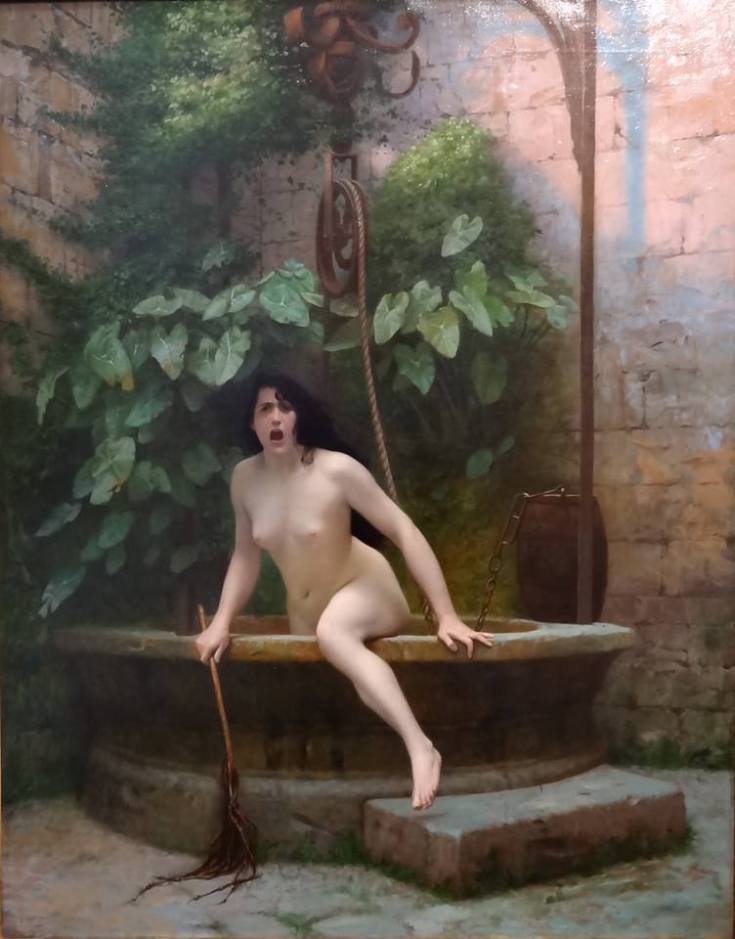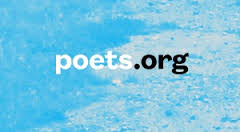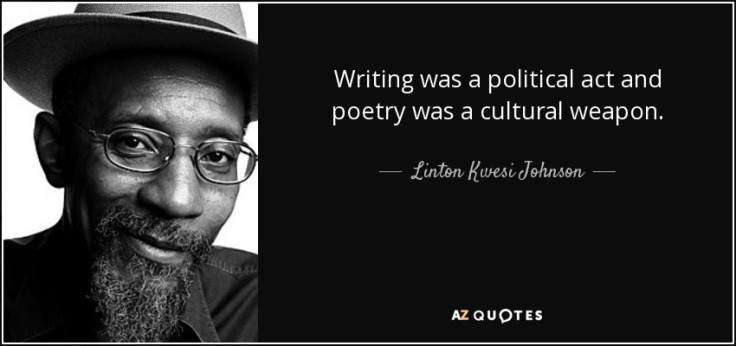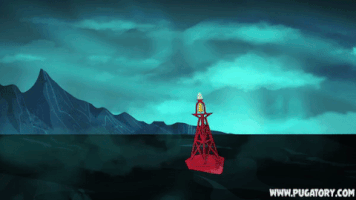 Oldish, but interesting news–earlier this week, while doing research on the poetry of Jihad, I ran across some articles about a controversial class called “Literature of 9/11” that was taught last semester at the University of North Carolina at Chapel Hill.
Oldish, but interesting news–earlier this week, while doing research on the poetry of Jihad, I ran across some articles about a controversial class called “Literature of 9/11” that was taught last semester at the University of North Carolina at Chapel Hill.
The conservative press, predictably, had a field day with it after a Freshman blogged in The College Fix that “None of the readings assigned in the freshman seminar present the Sept. 11 attacks from the perspective of those who died or from American families who lost loved ones.” -Alec Dent, August 28, 2015: UNC’s ‘Literature of 9/11’ course sympathizes with terrorists, paints U.S. as imperialistic.
Vogel includes a list of what was actually taught (and bless her, she actually includes links to the poems–something most news articles don’t do.)Here’s the actual break-down of what was taught in the course. Check it out to judge how diverse it actually was.
Vogel also includes excerpts of what journalists on Fox News said about the poetry in the course, including Lisa Kennedy Montgomery’s “comic take on what a poem written by a Guantanamo detainee might sound like…[she] stated that ‘most of this writing would make great lining for the bottom of my parrot’s cage.'” The video can be found here.
Here’s the satirical poem Kennedy created and read:
I hope that Obama shuts this prison
cause I don’t have a pot to piz’in
get me out of this gutter
so I can go back to Cutter
and get back to full-time terrorizm
Those interested in actual poems by detainees can find them in Poems from Guantánamo: The Detainees Speak, one of the books taught in the UNC class.
Excerpts, some on audio, can be found here. They’re pretty moving.
The other poetry book in the course was Sand Opera by Philip Metres. Here’s the Amazon description:
Sand Opera emerges from the dizzying position of being named but unheard as an Arab American and out of the parallel sense of seeing Arabs named and silenced since 9/11. Polyvocal poems, arias, and redacted text speak for the unheard. Philip Metres exposes our common humanity while investigating the dehumanizing perils of war and its lasting effect on our culture.
And also taught was “First Writing Since” by Suheir Hammad, who Vogel describes as “a Palestinian-American who writes about her brother in the U.S. military and her experience narrowly avoiding the World Trade Center on 9/11.” It begins
1. there have been no words.
i have not written one word.
no poetry in the ashes south of canal street.
no prose in the refrigerated trucks driving debris and dna.
not one word.
today is a week, and seven is of heavens, gods, science.
evident out my kitchen window is an abstract reality.
sky where once was steel.
smoke where once was flesh.
fire in the city air and i feared for my sister’s life in a way never
before. and then, and now, i fear for the rest of us.
–
Read rest of poem
Plus
Alabanza: In Praise of Local 100
for the 43 members of Hotel Employees and Restaurant Employees Local 100, working at the Windows on the World restaurant, who lost their lives in the attack on the World Trade Center
Alabanza. Praise the cook with the shaven head
and a tattoo on his shoulder that said Oye,
a blue-eyed Puerto Rican with people from Fajardo,
the harbor of pirates centuries ago.
Praise the lighthouse in Fajardo, candle
glimmering white to worship the dark saint of the sea.
Alabanza. Praise the cook’s yellow Pirates cap
–
Read rest of poem at Poets.org
>>>>>>>>>>>>>>>>>>>>>>>>>>>>>>>>>>>>>>>>>>>>>>










 Oldish, but interesting news–earlier this week, while doing research on the
Oldish, but interesting news–earlier this week, while doing research on the